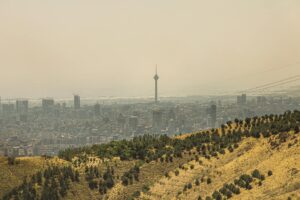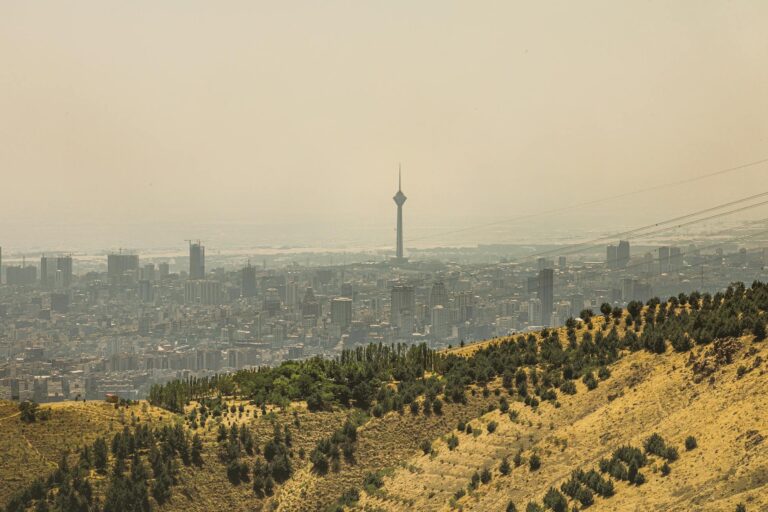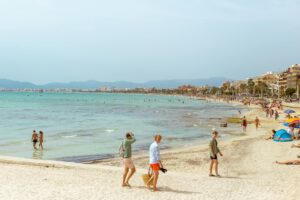EU Eases Up on Deforestation Rules—But Is It Really Helping Exporters?
You know how the EU loves to play the environmental hero? Well, they’ve just made their deforestation rules a bit softer—and everyone’s got something to say about it. Sure, exporters in places like Indonesia and Ghana get some breathing room, but let’s be real: is this actually fixing anything or just putting off the inevitable?
Wait, What Exactly Are These EU Deforestation Rules?
Okay, quick rundown. Back in 2023, the EU rolled out this thing called the EUDR (fancy acronym, right?). Basically, if you’re selling stuff like coffee, cocoa, or palm oil to Europe, you’ve gotta prove your products didn’t come from land that was deforested after 2020. No proof? Big fines. Simple as that.
Originally, companies had until late 2024 to get their act together with traceability and paperwork. But guess what? That turned out to be… complicated.
So What Changed?
After a ton of pushback—especially from smaller farmers who were drowning in compliance costs—the EU caved a little. Here’s the deal now:
- More time: Some products get until mid-2025 to comply. Not a free pass, but close.
- Less red tape: Small farmers can team up for group certifications instead of dealing with individual audits. Thank god for small mercies.
Officially, the EU says it’s about “practical challenges.” Unofficially? Critics are calling it a major backslide on environmental promises.
What This Means for Exporters
The Good News (For Now)
Short-term win: farmers and cooperatives can relax—a little. That Ghanaian cocoa farmer who was sweating over GPS mapping? He’s got extra time to figure it out. Indonesian palm oil producers? Same deal. “It helps, sure,” says one cooperative leader. “But let’s not throw a party yet.”
The Bad News (Because There’s Always Some)
Here’s the thing—delays don’t magically create infrastructure. Most smallholders still don’t have the tech for digital land tracking, and the EU’s financial support? Yeah, it’s pretty much MIA. A trade analyst in Jakarta put it bluntly: “This doesn’t fix the money problem. It just kicks it down the road.”
Will This Actually Boost Exports?
Honestly? Probably not much. Take Brazilian soy farmers—they’re still stuck competing with U.S. growers who don’t have to jump through half these hoops. One agribusiness consultant told me, “The EU market’s becoming a luxury niche.” And if compliance stays this expensive, guess where exporters will go? Markets with fewer rules.
What Would Actually Help?
If we’re serious about sustainable trade, extensions aren’t enough. Here’s what might work:
- Real training: The EU could fund satellite monitoring workshops instead of just demanding reports.
- Better prices: Pay more for verified sustainable goods. Money talks, right?
- Tech sharing: Get companies and governments to split the cost of tracing tools. Colombia’s doing it with blockchain for coffee—why not everywhere?
The Bottom Line
Look, the EU’s changes are a band-aid. A temporary fix that doesn’t solve the real issues: funding, tech access, and fairness. Without those, small producers will keep struggling—and the environment? Well, let’s just say deforestation isn’t waiting around for paperwork.
So yeah, exporters get a break. But if the EU wants to actually lead on sustainability? They’ll need to do way more than tweak deadlines.
Source: Financial Times – Global Economy












